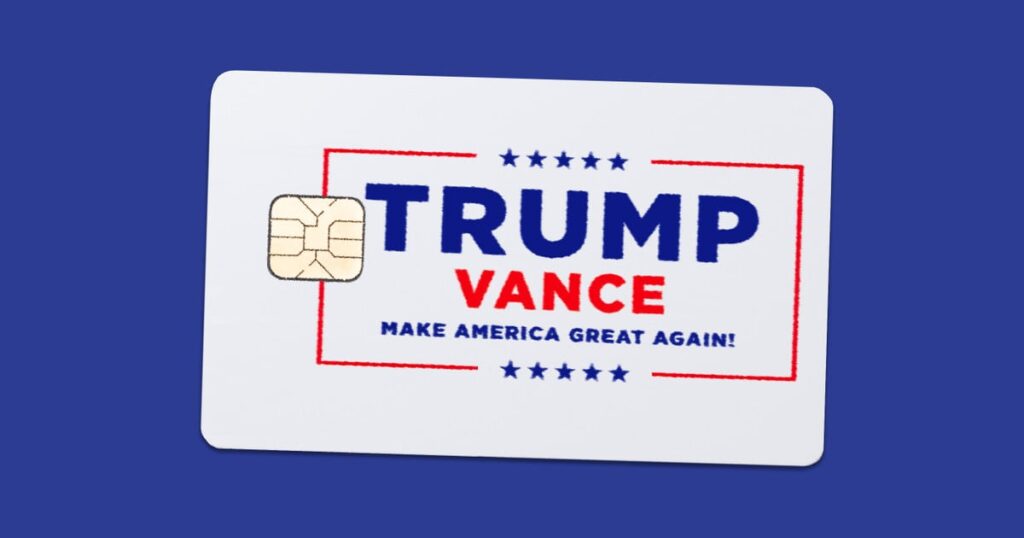In a 4,000-word blog post titled “The Efficiency Formula,” financial technology startup Ramp proposed solutions to government spending issues just before Donald Trump’s inauguration. With backing from Silicon Valley powerhouses like Peter Thiel and investments totaling $2 billion, Ramp aimed to apply its expertise in corporate credit cards and AI software to government agencies.
Within three months of Trump taking office, Ramp executives secured private meetings with GSA appointees, including the top procurement officer, Josh Gruenbaum. GSA, eyeing Ramp for a piece of the $700 billion SmartPay program, swiftly moved to initiate a charge card pilot program potentially worth $25 million.
However, concerns arose regarding the preferential treatment Ramp received, with experts questioning the transparency and fairness of the contracting process. Despite GSA’s assurance of fairness, doubts lingered about the integrity of the selection process and potential conflicts of interest.
As GSA sought to overhaul SmartPay, critics within and outside the agency disputed claims of widespread fraud, emphasizing the program’s efficacy in facilitating government operations. Nonetheless, GSA’s new leadership pushed for restrictive measures, causing disruptions in government operations.
The article highlighted Ramp’s strategic moves to secure a foothold in government contracting, raising questions about the company’s readiness and experience in handling federal programs of this scale. As the SmartPay contract negotiation unfolds, the potential impact on government operations and taxpayer funds remains a subject of scrutiny and debate.
In a broader context, the article underscores the intersection of powerful interests, government procurement practices, and the need for accountability and transparency in public contracting processes.

